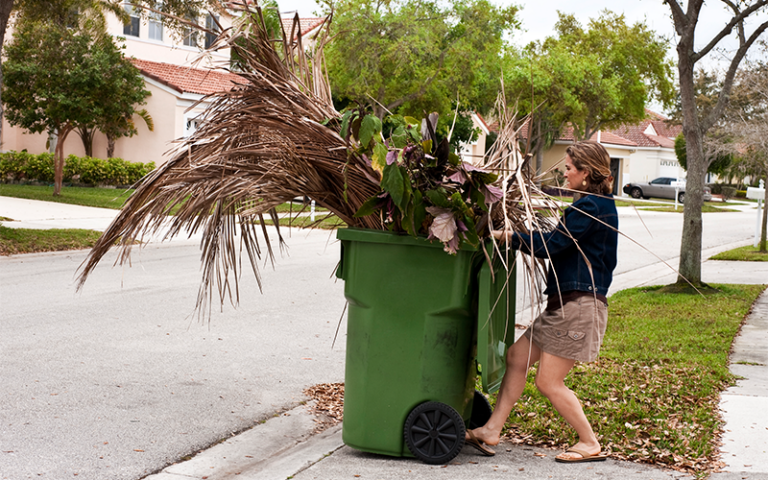YOUR PROTECTION
POST-STORM SCAMS

Look Out for Scams Following Hurricanes
Recent hurricanes have unfortunately left thousands tasked with monumental repairs. In the wake of these storms, federal agencies are urging people to stay extra vigilant against a rise in scams targeting desperate disaster victims.
The Federal Trade Commission (FTC) has reported numerous scam attempts that have affected victims following storms, including fraudulent charities soliciting donations, impersonating government officials trying to trade relief for personal information, and price gouging essentials.
Here are some general cybersecurity dos and don’ts that you can take to ensure that you or a loved one doesn’t fall victim to these scam attempts.
DON’T: Click on Email Links from Senders You Don’t Know
This is a general best practice that should be specifically applied to this situation. Scammers will use phishing links that appear to be legitimate to try and obtain sensitive information from you. Tip: hovering your cursor over a hyperlink should show you where the link will take you.
DO: Verify All Organizations
A common tactic that scammers use following disasters is posing as organizations offering charity relief or asking for donations. A quick Google search can save you from becoming a victim of these scams.
DON’T: Give Out Personal Information
Oftentimes, scammers will try and pry personal information from you by text, email, direct message on social media and more. It’s a best practice to not share personal information (phone numbers, addresses, etc.) with individuals or organizations that you do not know.
DO: Verify All Organizations
During recovery periods, power and Wi-Fi may be out for long periods of time. People might be unaware of scam attempts that are going around as a result of these storms. Sharing these helpful tips can save someone from compromising their accounts and money.
As communities work to recover, federal agencies stress the importance of safeguarding personal and financial information to prevent falling victim to these scams. Awareness and caution can help protect both individuals and their families during these vulnerable times.
The opinions voiced in this material are for general information only and are not intended to provide specific advice or recommendations for any individual.